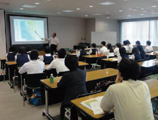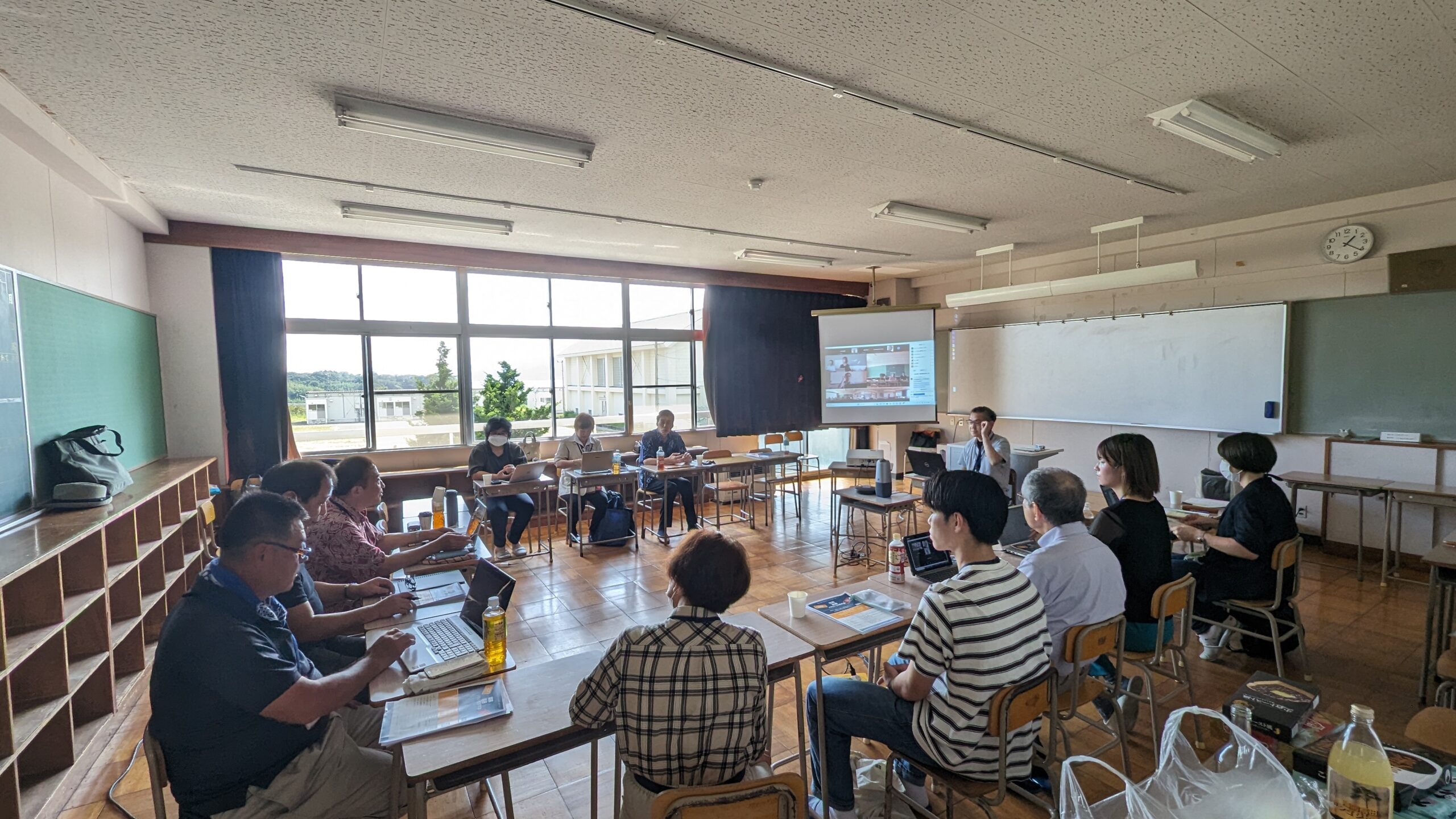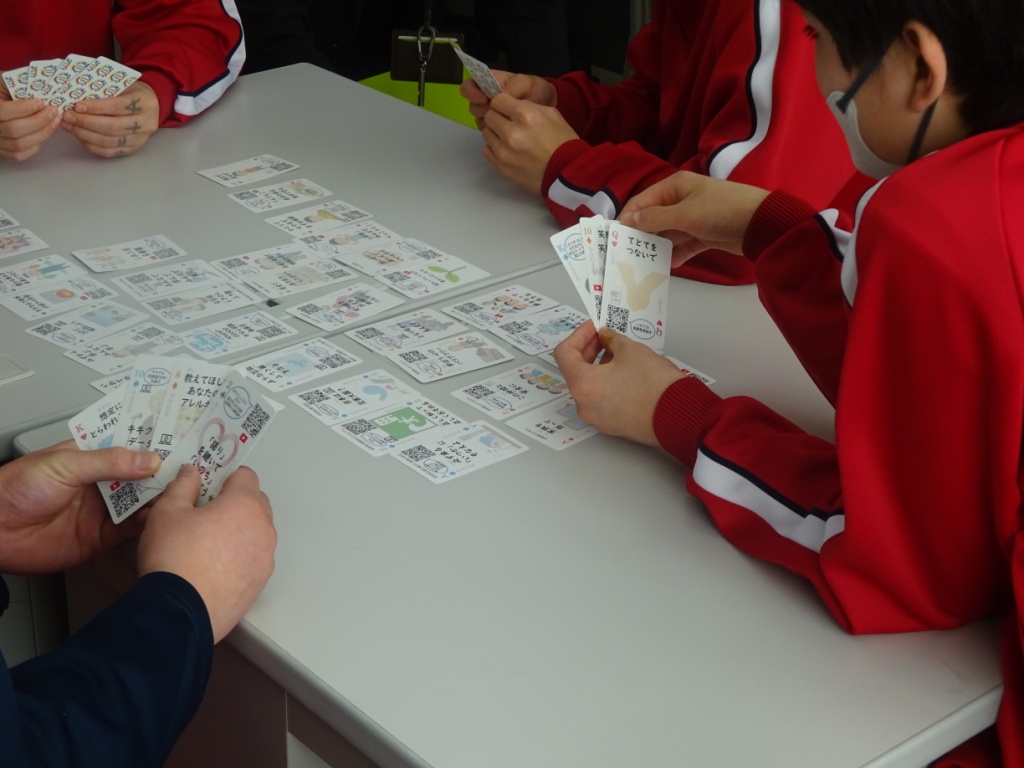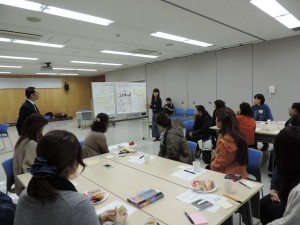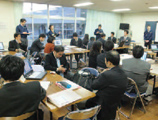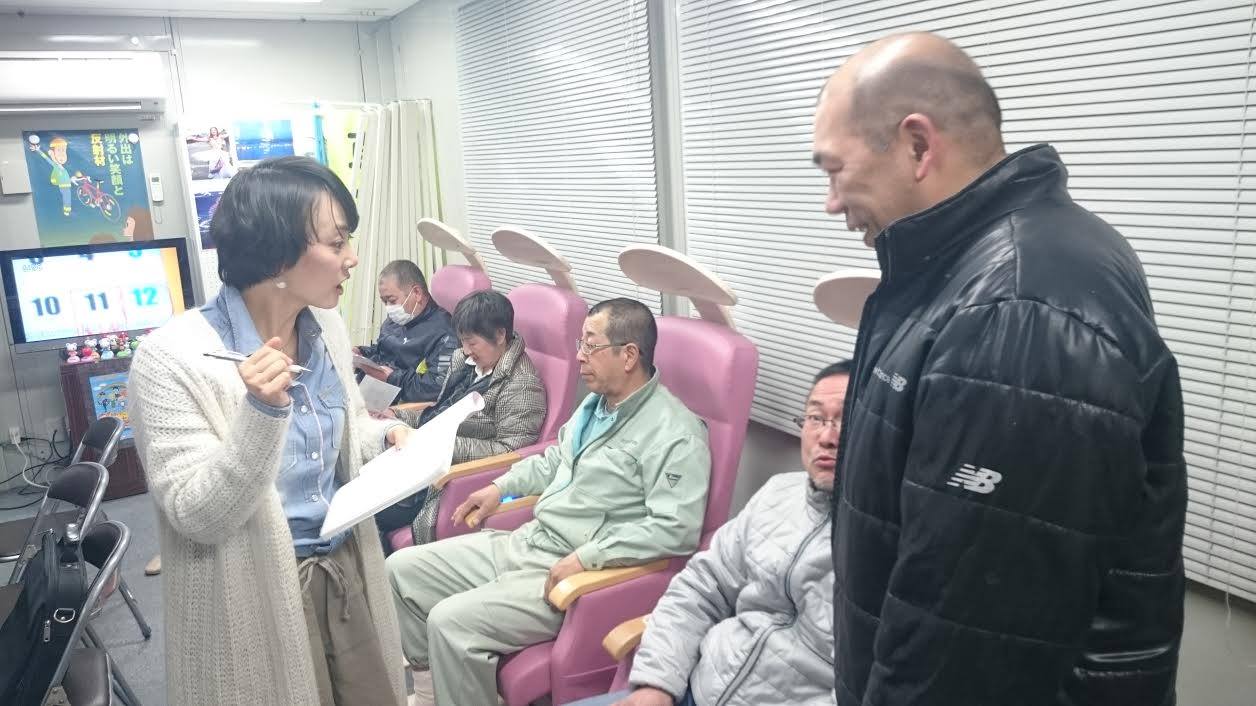全体テーマ
東日本大震災の教訓を踏まえた、学校教育・社会教育における防災教育の充実・強化を図ることによって、地域防災を担う人材を育成するとともに、災害文化の醸成および継承を目的に以下の活動を行います。
The Disaster Culture Division looks to enhance and reinforce disaster management education in schools and society based on the lessons learned after the 2011 disaster in order to develop human resources who will lead regional disaster management. The division performs the following activities for creating and passing down disaster culture.
(1) 学校教育・社会教育における防災教育の充実・強化による人材育成
Human development by enhancing and reinforcing disaster management education at schools and in society
教育委員会、学校、地域と連携した教材づくりを行い、学校や地域で研究会や学習会を重ね、防災担当の教諭や地域リーダーを育成し、学校や地域の実情に即した防災教育の充実・強化を図っています。また、「実践的危機管理講座」や「防災・危機管理エキスパート育成講座」を開設することにより、地域防災を担う人材の育成に努めています。
By working together with the Board of Education, schools and local communities in developing teaching materials and through organizing research and study groups at schools and in communities, the division aims to train teachers and local leaders who are in charge of disaster management. Moreover, it enhances and reinforces disaster management education that addresses the reality of schools and communities, too. We also offer a “Practical Course for Crisis Management” and a “Training Course for Experts in Disaster Management and Crisis Management” in order to train people who would lead regional disaster management.
(2) 災害文化の醸成と継承
Creating and passing down disaster culture
Appropriate locations of coastal protection facilities (including the seawall)
自然災害に関する記録や伝承を収集し、その学習教材化(保存・展示等)に努める共に、科学的考察を加えることで歴史・文化的な防災教育教材の充実を図り、先人の経験知からの学びを実現する活動を行っています。なお、記録や伝承の収集、整理、体系化は相当に時間を要する取り組みであり、地域(教育委員会、郷土史家、古老等)との連携・協力が大いに求められる活動となります。加えて、歴史や文化を担当する研究者の参加・協力を確保することを目指しています。
We collect written / oral records and tradition on natural disasters and turn them into teaching materials (preservation and exhibition). We also look to expand materials for historic and cultural disaster management education by adding scientific insights to them in order to put the wisdom of our predecessors into practice. Collecting and systemizing written and oral records require a long time as well as a great deal of collaboration and cooperation with communities (the boards of education, local historians, and patriarchs). Thus, we aim to ensure the participation and cooperation of researchers of history and culture as well.

